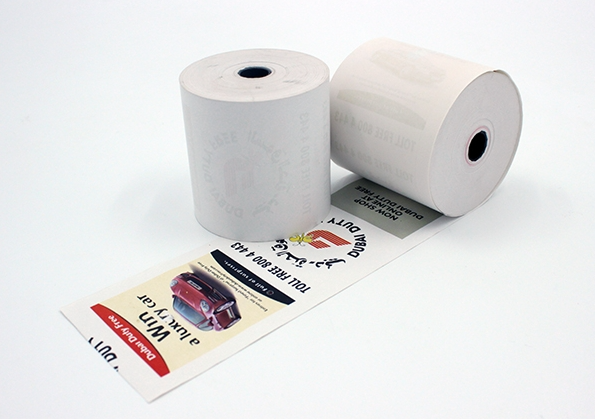Heat-resistant paper is often referred to by different names based on its composition, application, or specific brand. Here are a few common names used for heat-resistant paper:

-
Parchment Paper:
- Parchment paper is often heat-resistant and used in baking and cooking. It has a silicone coating that makes it resistant to high temperatures.
-
Silicone Coated Paper:
- This type of paper is coated with a layer of silicone, making it resistant to heat and often used in various industrial applications.
-
Glassine Paper:
- Glassine paper is a smooth and transparent paper that is resistant to air and water. It is sometimes heat-resistant and used in baking and as a release liner.
-
- Thermal paper is coated with a heat-sensitive material and used in thermal printers. While not designed for extreme heat, it can withstand the heat generated during the printing process.
-
Ceramic Fiber Paper:
- Ceramic fiber paper is a high-temperature insulation material made from refractory ceramic fibers. It is used in industrial applications for its heat resistance.
-
Polyimide Paper:
- Polyimide paper, often referred to as Kapton, is a heat-resistant polymer film used in various applications, including electronics and aerospace.
-
Aluminum Foil Paper:
- Aluminum foil paper has heat-resistant properties and is often used in cooking and baking. It reflects heat and can withstand high temperatures.
-
Fiberglass Paper:
- Fiberglass paper is made from woven fiberglass fibers and is known for its heat-resistant properties. It is used in various industrial applications.
-
Graphite Paper:
- Graphite paper is impregnated with graphite to enhance its thermal conductivity and resistance. It is used in heat dissipation applications.
-
Cotton Rag Paper:
- Cotton rag paper, made from cotton fibers, can exhibit some heat resistance. It is used in certain artistic and archival applications.
When searching for heat-resistant paper, it's essential to consider the specific temperature range, application requirements, and whether any additional coatings or treatments are needed. The choice of heat-resistant paper depends on the intended use and the environmental conditions it will encounter.
We offer comprehensive technical support, including free professional labeling solutions, advice on label materials and adhesive selection, as well as online/offline assistance from professional software and hardware engineers. Service email: andy@ownlikes.cn. In pre-sales, we leverage our extensive experience in specialty labeling projects to provide clients with the most suitable hardware solutions. Additionally, all our label barcode printers and scanners come with a three-year free warranty, demonstrating our confidence in our products.




